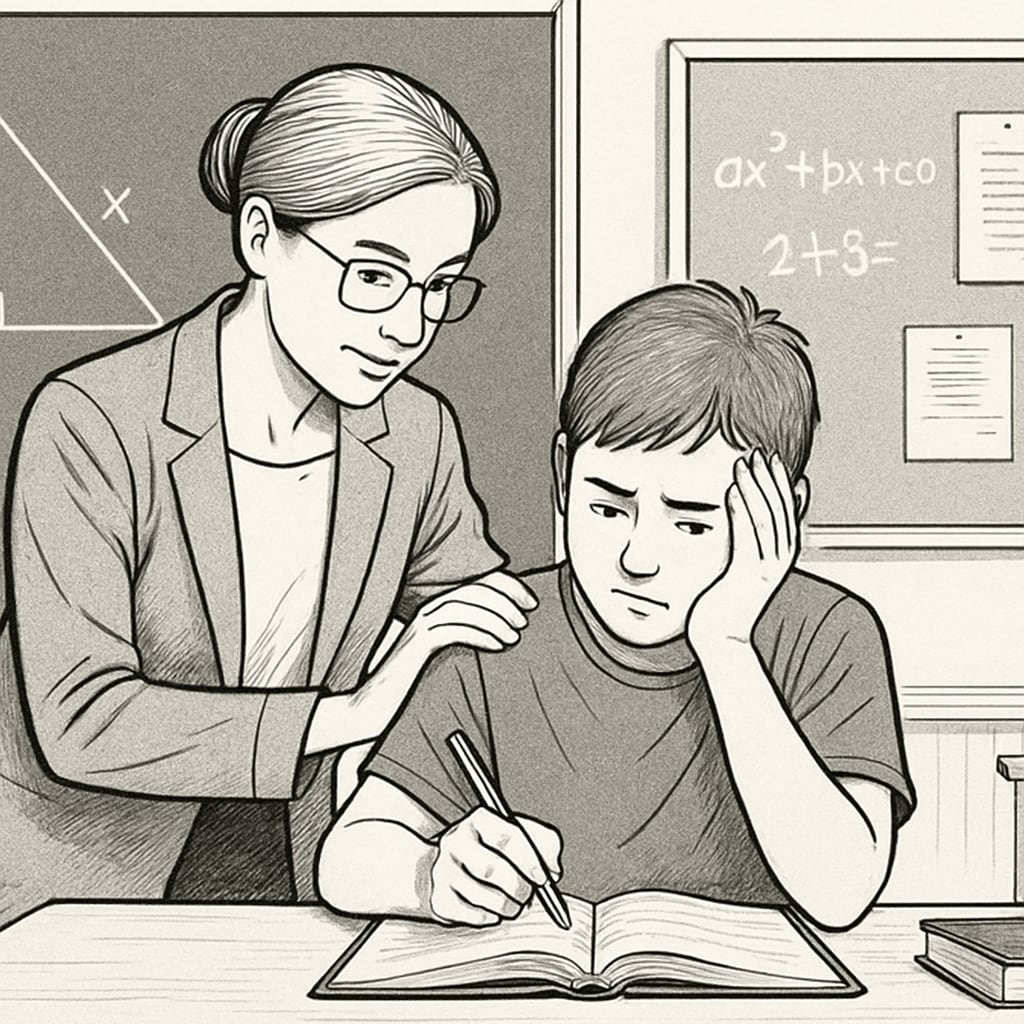In the pursuit of excellence, the use of strict education methods and extreme pressure has become a contentious issue in K12 education. The film “Whiplash” provides a poignant exploration of this dilemma, portraying the lengths to which one might go to achieve greatness. While the movie focuses on music, its implications for education are universal, raising the question: at what cost should educators push students toward extraordinary success? Balancing strict discipline with emotional care is not just a practical concern but a profound ethical challenge.
When Extreme Pressure Drives Achievement
In “Whiplash,” the protagonist endures relentless pressure from his mentor, ultimately achieving a remarkable performance. This narrative aligns with the philosophy that greatness often requires extraordinary effort. Proponents of strict education methods argue that pushing students beyond their comfort zones builds resilience, discipline, and a competitive edge. For example, high-performing academic institutions frequently adopt rigorous programs to prepare students for prestigious opportunities.
However, extreme pressure can take a significant toll. Studies have shown that excessive stress in students can lead to burnout, anxiety, and even long-term mental health issues. According to a Britannica article on stress, constant exposure to high-pressure environments can impair cognitive functions and emotional stability. While the pursuit of excellence is admirable, the methods employed to achieve it must consider the consequences on students’ well-being.

Balancing Strict Education Methods with Care
To address the ethical concerns of extreme pressure, educators must find a balance between high expectations and emotional support. This balance requires a nuanced approach that prioritizes students’ mental health while encouraging their growth. For instance, incorporating positive reinforcement alongside constructive criticism can motivate students without breaking their confidence.
Moreover, fostering open communication between teachers and students can mitigate the negative effects of strict education methods. When students feel heard and supported, they are more likely to thrive under challenging circumstances. As a result, educators can maintain high standards without compromising the emotional well-being of their students.

The Ethical Responsibility of Educators
The ethical dilemma in education extends beyond individual classrooms. Schools and policymakers bear the responsibility of creating environments that nurture both academic excellence and personal development. This requires a shift from a one-size-fits-all approach to tailored teaching methods that address diverse student needs.
For example, Finland’s education system emphasizes student well-being alongside academic achievement. By prioritizing shorter school hours, minimal homework, and a supportive atmosphere, Finnish schools demonstrate that excellence does not necessitate extreme pressure. This model serves as a reminder that ethical education practices can produce outstanding results.
Additionally, educators should reflect on their own motivations and biases. Are they pushing students for the students’ benefit, or are they driven by institutional pressures and personal ambitions? Addressing this question is crucial for maintaining integrity in education.
Conclusion: Toward a Balanced Approach
In conclusion, the ethical challenge of balancing strict education methods, extreme pressure, and student well-being is an ongoing conversation within K12 education. While discipline and rigor are essential for achieving excellence, they must never overshadow the importance of care and empathy. By adopting a balanced approach, educators can inspire greatness without compromising the mental and emotional health of their students.
As society continues to value achievement, the conversation around ethical education practices must evolve. By learning from examples like the film “Whiplash” and successful global education systems, we can create learning environments that foster both excellence and humanity.
Readability guidance: The article uses short paragraphs, clear transitions, and lists to summarize key points. Passive voice is minimized, and long sentences are avoided to ensure clarity and accessibility.


